Results
-
£69.95
The Sword, Jewel and Mirror (Score and Parts)
The sword, jewel and mirror of the title refer to the three sacred treasures of Japan, which collectively make up the Imperial Regalia (san-shu no jingi). The san-shu no jingi are handed down from father to son in the Imperial Family, and are kept at s
Estimated dispatch 7-14 working days
-
£32.95
The Sword, Jewel and Mirror (Score Only)
The sword, jewel and mirror of the title refer to the three sacred treasures of Japan, which collectively make up the Imperial Regalia (san-shu no jingi). The san-shu no jingi are handed down from father to son in the Imperial Family, and are kept at s
Estimated dispatch 7-14 working days
-
 £30.00
£30.00The Heat's On - Nestico
The arrangement of this upbeat, big band classic was premiered, with great audience response, by the Virtuosi GUS Band at the Butlins Brass Band Championships 27.Lending itself to being a great 2nd half opener, enabling a big band style ion of the players, this arrangement also showcases the Solo Trombone, Principal Cornet, Solo Euphonium and Solo Horn.
In Stock: Estimated dispatch 3-5 working days
-
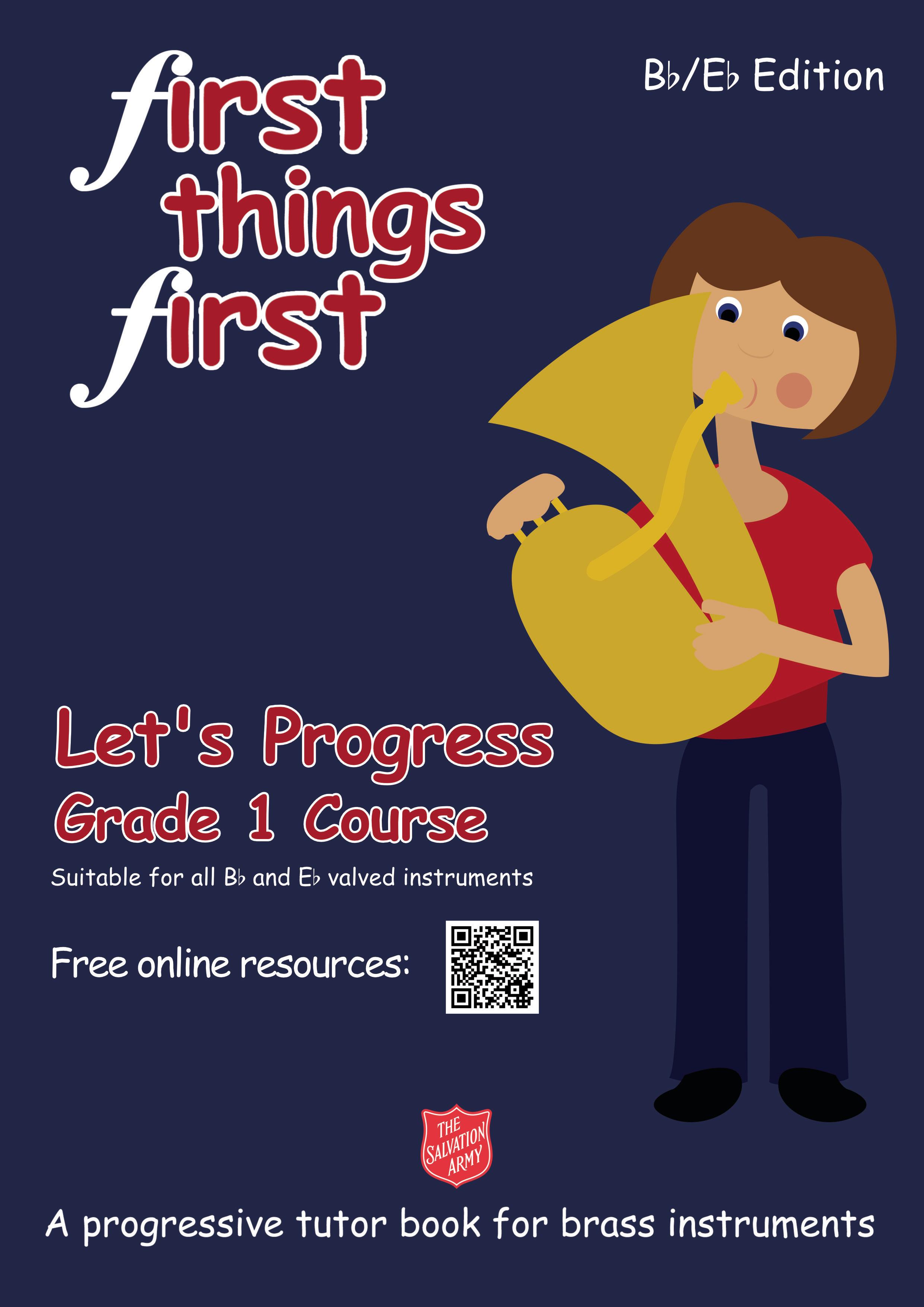 £45.00
£45.00First Things First - Let's Progress (Grade 1 Course) Bb/Eb Edition (Pack of 10)
Let's Progress (Grade 1 Course) extends the range to middle C and sets out to provide beginners with the basic essentials, preparing them to tackle some of the challenges they will meet in their first experience of playing in a band.Includes link to downloadable resources including backing and demonstration tracks, online course assessment sheets and personalised course certificates.In this book you will meet:new notes, extending you rage both higher and lowernew rhythms, 3/4 timesharps, flats and key signaturesslurringquavers
Estimated dispatch 7-14 working days
-
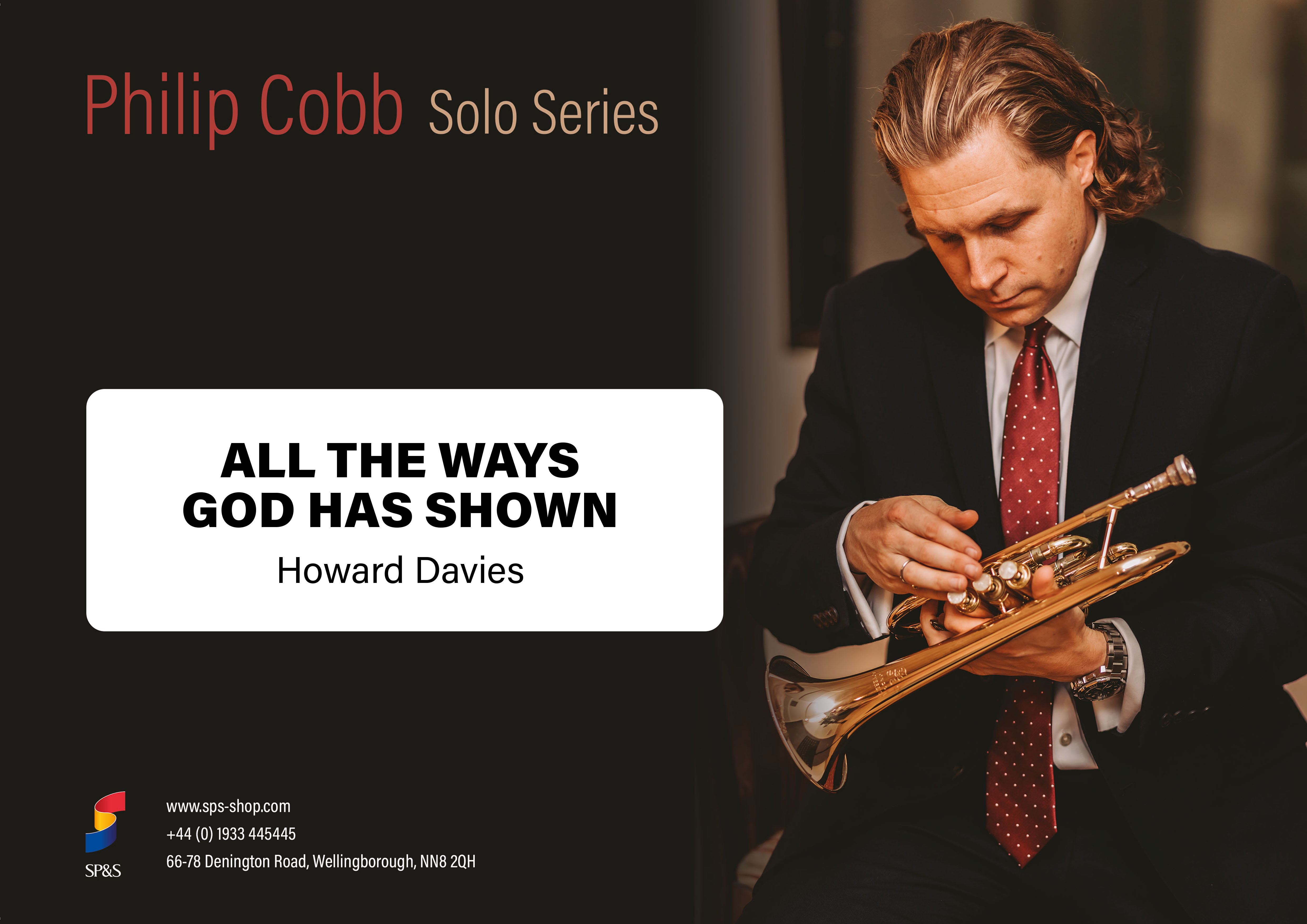 £29.95
£29.95All the Ways God has Shown (Cornet Solo with Brass Band - Score and Parts)
Howard Davies has become synonymous with beautiful melodic writing. He has over 100 pieces publishing, and All the Ways God has Shown is one of the composer's lesser known works, but it still shows the gift of melodic charm.Duration: 2.45
Estimated dispatch 7-14 working days
-
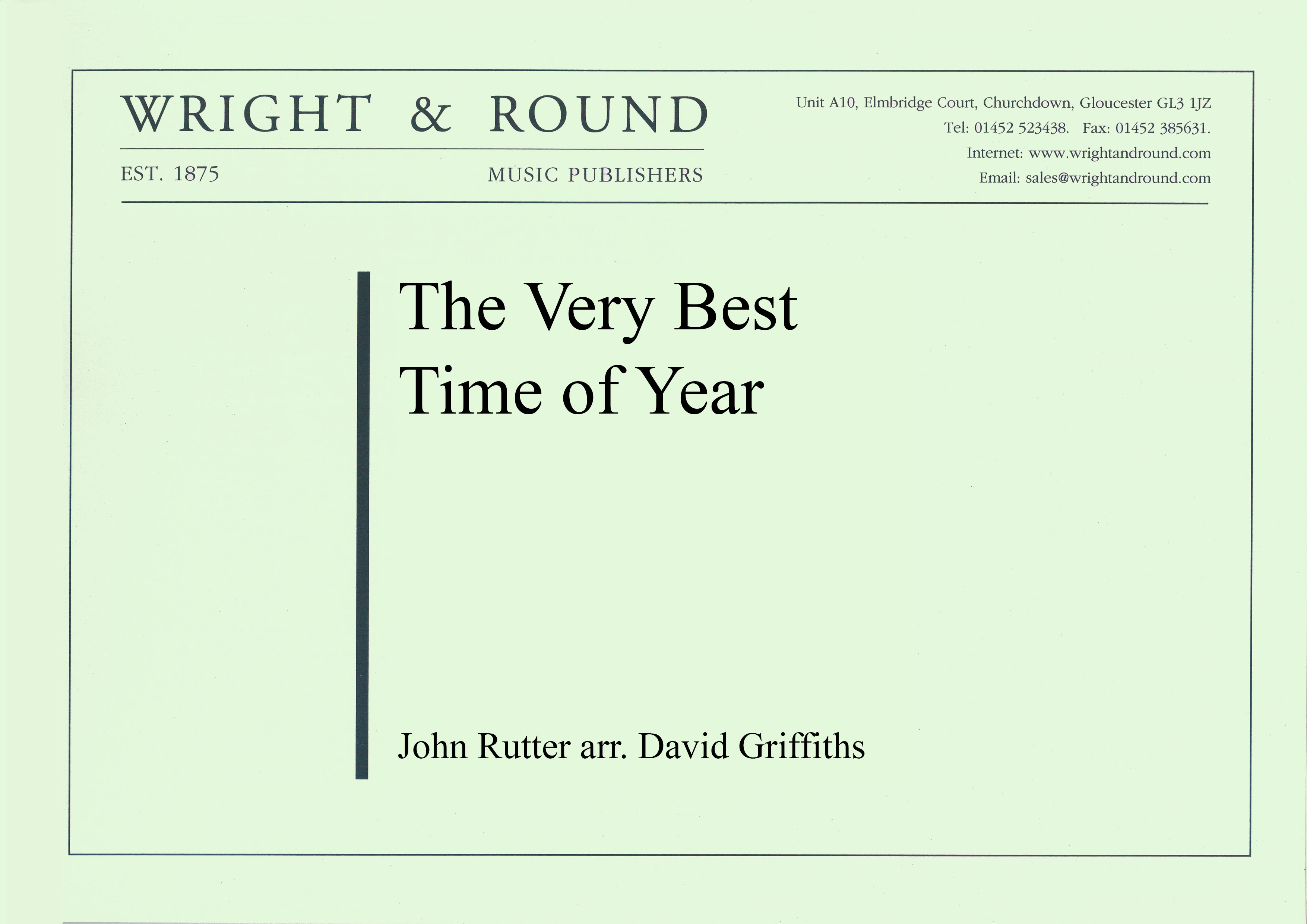 £35.00
£35.00The Very Best Time of Year (Euphonium Solo with Brass Band - Score and Parts)
This new arrangement for Solo Euphonium & brass band by David Griffiths, truly evokes that feeling of nostalgia and longing anticipation of the joyous season and is a true celebration of all that we love about Christmas time! Suitable for 4th Section Bands and above
Estimated dispatch 7-14 working days
-
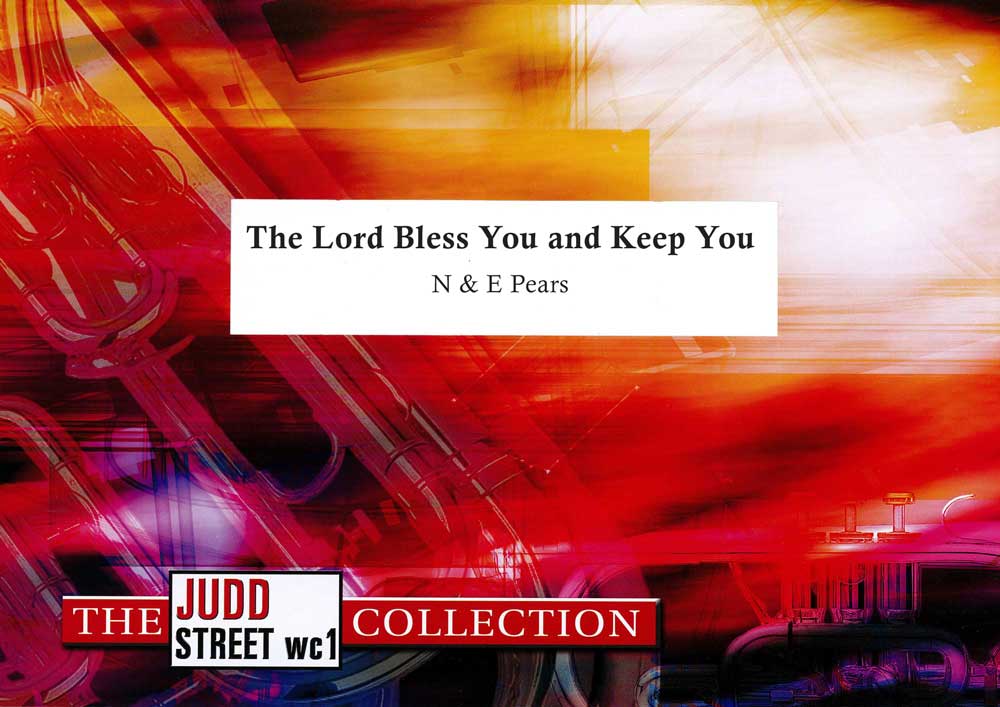 £24.95
£24.95Judd: The Lord Bless You and Keep You
A beautiful melody which works perfectly as an instrumental benediction for band. A smooth negotiation of the falling 6th in the first half of the tune is essential, as is good balance ensuring the melody can be heard at all times.
Estimated dispatch 7-14 working days
-
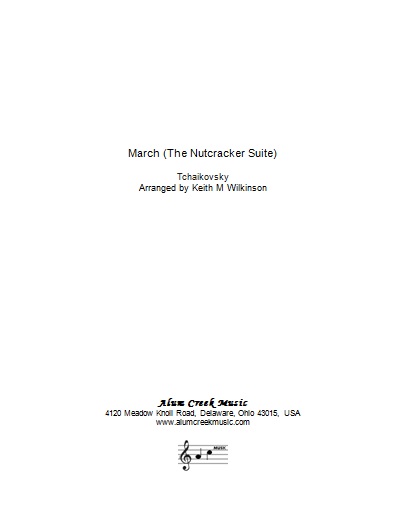 £43.50
£43.50March (The Nutcracker Suite) (Brass Band - Score and Parts)
Tchaikovsky's extremely popular ballet, The Nutcracker, was first performed in December 1892. Earlier in the same year the composer extracted several movements from the ballet to form a concert suite. The first performance of the suite was conducted by the composer and the suite was immediately received with huge enthusiasm.This arrangement was originally made for the GUS Band while the arranger was its Music Director.
Estimated dispatch 7-14 working days
-
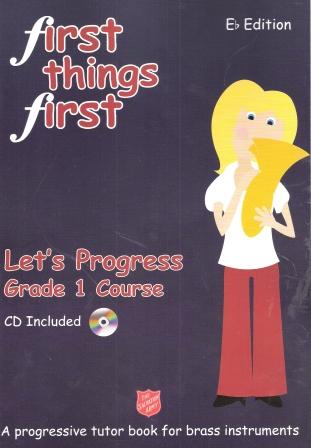 £45.00
£45.00First Things First - Let's Progress (Grade 1 Course) Eb Edition (Pack of 10)
Let's Progress (Grade 1 Course) extends the range to middle C and sets out to provide beginners with the basic essentials, preparing them to tackle some of the challenges they will meet in their first experience of playing in a band.Demonstration and accompaniment CD includedIn this book you will meet:new notes, extending you rage both higher and lowernew rhythms, 3/4 timesharps, flats and key signaturesslurringquavers
Estimated dispatch 7-14 working days
-
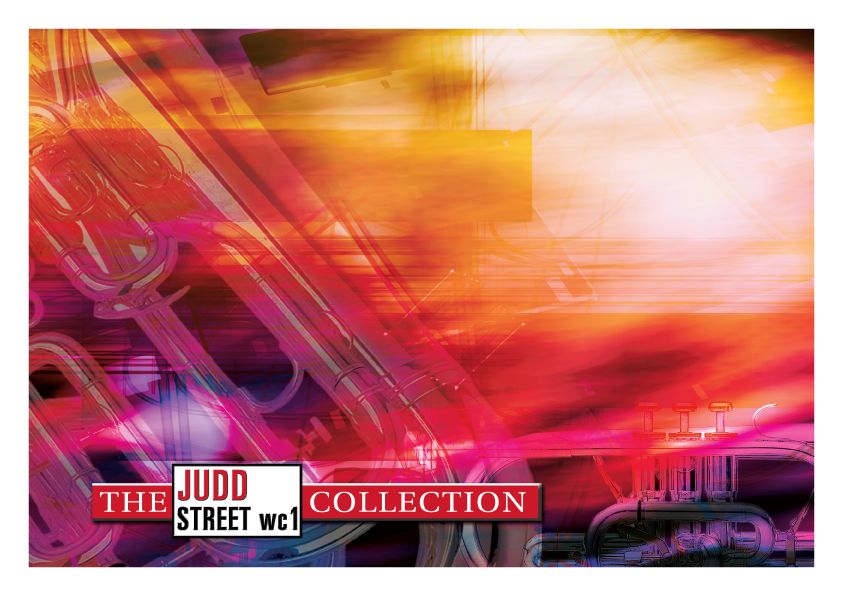 £44.95
£44.95Judd: Song of Courage
Inspired by his own song 'A prayer for courage' (which forms the central movement of the Tone Poem) written on the eve of war in 1939, this is music that would merit close inspection by any band able to play it, whether Army or non-Army.
Estimated dispatch 7-14 working days
